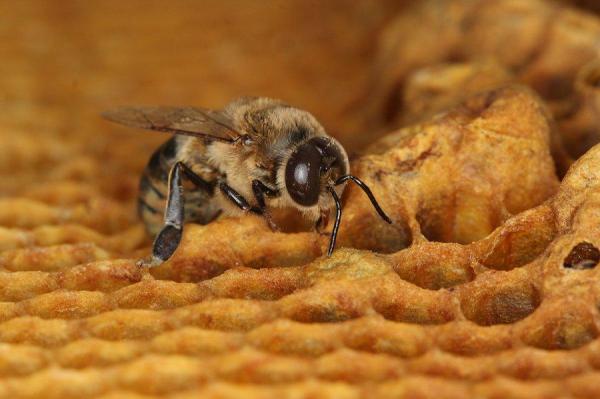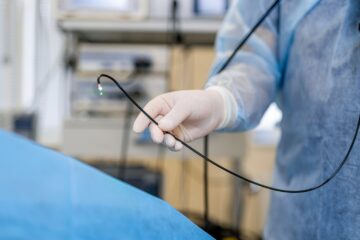
The litany of negative health effects pesticides cause honey bees continues to grow. Add sexual potency to the list.
New research suggests two neonicotinoid insecticides diminish the lifespans and sperm counts of male drones, thus limiting the productivity of queen bees.
Researchers have identified the poor health and productivity of queen bees as an important factor in colony collapse disorder. Previous studies show a queen’s health is dependent on her ability to successfully mate with male bees.
Thus, a reduction in sperm count and quality may trigger a cascade of negative consequences for a hive’s well-being.
Queens keep colonies functioning at full capacity, but they can’t do their job if they’re not regularly inseminated with healthy sperm from several males. In the lab, male bees from colonies exposed to the neonicotinoid insecticides thiamethoxam and clothianidin had shorter lifespans and produced fewer sperm.
A number of studies have shown the ability worker honey bees to find nectar and fight disease are diminished by insecticides. The latest study — detailed in the journal Proceedings of the Royal Society B — focuses not on workers, but drones, and shows the negative health effects of some insecticides are more pervasive than previously thought.
“Most neonicotinoid studies that employ honey bees have focused on workers, which are typically the non-reproductive females of the colony,” lead study author Lars Straub, a doctoral student at the University of Bern, said in a news release. “Male honey bees have really been neglected by honey bee health scientists; while not surprising, these results may turn a few heads.”
[Source:- UPI]




